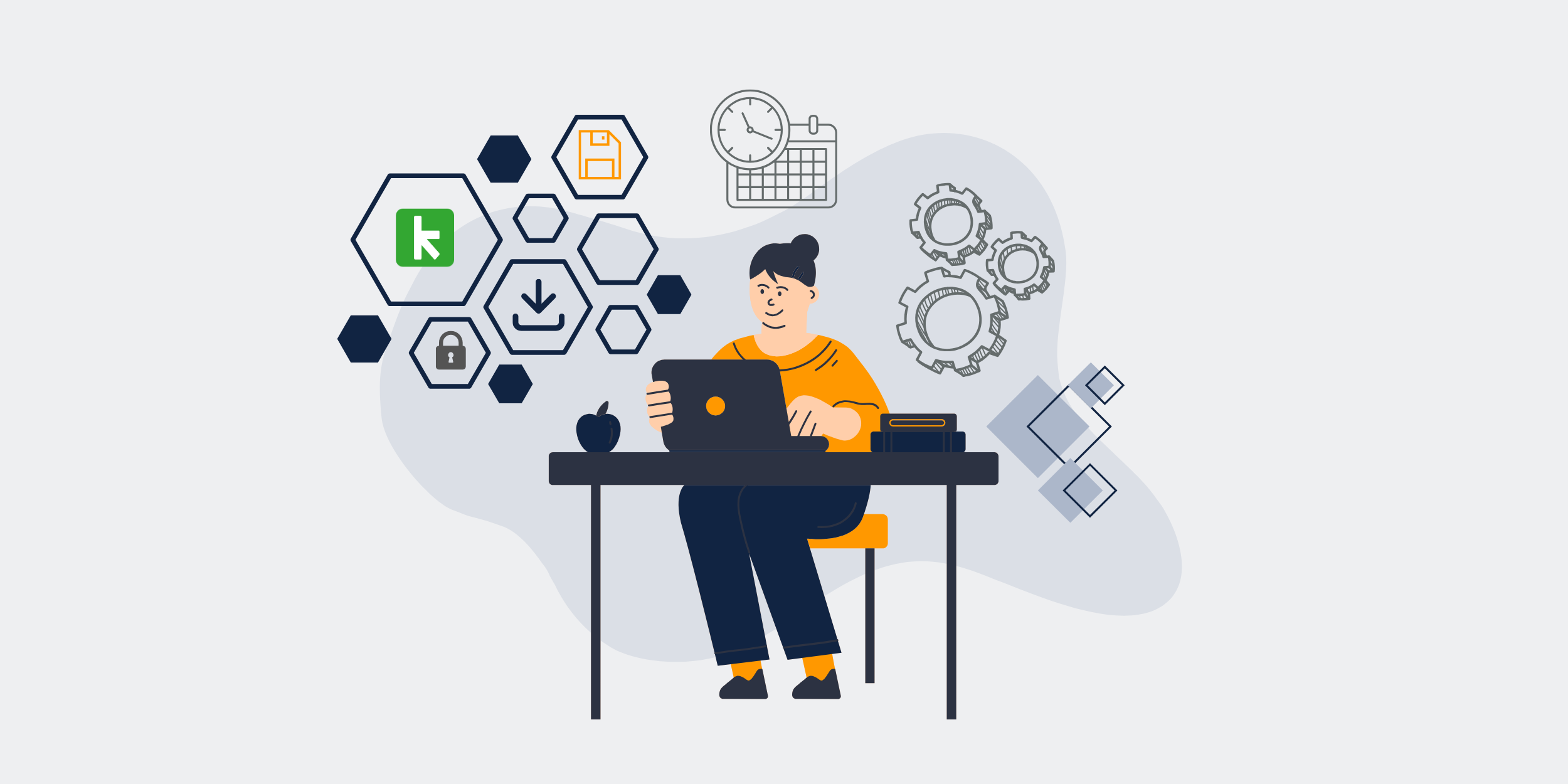| **The Most Reliable Way to Secure Keap CRM Data** |
| Introduction |
|
In today’s digital age, securing customer data has become more crucial than ever. If you’re using Keap CRM, safeguarding your information should be at the top of your priority list. But don’t worry; it’s not as complicated as defusing a bomb! With a few tips and tricks, you can keep your data as secure as a vault in Fort Knox. So come along as we dive into the most reliable ways to secure Keap CRM data.
|
| **Why is Data Security Important?** |
|
Let’s face it; nobody wants their private details floating around in the wild. Imagine your customer’s data, out there, exposed to malicious hackers—yikes! Data security isn’t just about avoiding data breaches; it’s about earning trust. When customers know their data is safe, they’re more likely to stick around and recommend your services.
|
| **Understanding Keap CRM** |
|
Before diving into the security measures, let’s get to know Keap CRM a bit better. Formerly Infusionsoft, Keap CRM is a robust platform for small businesses looking to organize their client records, streamline processes, and automate marketing. It’s like having a Swiss Army knife for customer management. But like every tool, it needs to be handled with care—especially when it comes to data protection.
|
| **Recognizing the Threats** |
|
Cyber threats are like shadows lurking in the background, waiting for the right opportunity. Knowing the types of threats you might face can be half the battle. From phishing attacks and malware to insider threats and data leaks, understanding these risks helps in devising foolproof security strategies.
|
| **Implement Strong Password Policies** |
|
Passwords are your first line of defense, and believe me, “123456” isn’t going to cut it. Creating complex passwords using a mix of letters, numbers, and symbols is crucial. It’s like creating a secret handshake that only you know. Encourage the use of password managers to keep track of these complex passwords.
|
| **Two-Factor Authentication** |
|
Two-factor authentication (2FA) is like adding another lock to your door. Even if someone gets your password, they can’t get in without that second factor, which could be a text message or an authentication app. It’s a simple yet highly effective way to add an extra layer of protection.
|
| **Regular Software Updates** |
|
Keeping software up-to-date can feel like a chore, but it’s crucial. Software updates often include patches for security vulnerabilities that hackers could exploit. Think of it as getting your car serviced regularly so it runs smoothly without breakdowns.
|
| **Backup Data Regularly** |
|
Imagine losing all your data in an instant—it’s like losing your keys just when you need them. Regular backups ensure that you always have a copy of your important data, even if disaster strikes. Make it a habit and store backups in a secure location.
|
| **Employee Training and Awareness** |
|
Even the best security measures can be undone by a lack of awareness. Training your team about data security measures is like teaching them to swim before diving into the ocean. Regular workshops and updates can keep them informed about the latest threats and how to avoid them.
|
| **Secure Network Connections** |
|
Using a secure network is akin to choosing a well-trodden path through a jungle instead of a suspicious alleyway. Ensure that your network is encrypted and consider using a VPN for accessing data remotely.
|
| **Limit Data Access and Permissions** |
|
Not everyone needs to know everything. By limiting data access and permissions, you reduce the risk of accidental or intentional data breaches. Think of it as a need-to-know basis: only provide access to those who truly need it.
|
| **Active Monitoring and Alerts** |
|
Active monitoring is like having a security camera watching over your store 24/7. Set up alerts for suspicious activities so you can act quickly if someone tries something fishy.
|
| **Data Encryption** |
|
Encryption is like wrapping your data in a layer of invisible armor. Even if it’s intercepted, it remains inaccessible without the decryption key. Implement encryption for data both at rest and in transit to enhance security.
|
| **Regular Security Audits** |
|
Think of security audits as a health check-up for your CRM. Regular audits help identify weaknesses in your system, allowing you to patch them up before they become bigger problems.
|
| Conclusion |
|
Securing Keap CRM data isn’t just about ticking boxes; it’s about fostering a security-first culture in your organization. By implementing the strategies we’ve discussed, you can rest assured knowing your customer’s data is locked up tighter than a drum. It’s all about being proactive and staying informed. Just remember, when it comes to data security, a little paranoia isn’t a bad thing!
|
| Frequently Asked Questions: |
| What makes Keap CRM data vulnerable to hacks? |
|
Keap CRM data can be vulnerable due to weak passwords, outdated software, and insufficient training on security practices.
|
| Can using a free cybersecurity tool be effective? |
|
Free tools can provide basic protection, but for comprehensive security, investing in premium tools and solutions is often recommended.
|
| How often should we conduct security audits? |
|
Ideally, security audits should be conducted annually or bi-annually, but more frequent audits may be necessary for high-risk environments.
|
| Is two-factor authentication foolproof? |
|
While not foolproof, two-factor authentication significantly enhances security and is a highly recommended practice for securing data.
|
| What should we do in case of a data breach? |
|
In case of a data breach, immediately disconnect from the network, assess the breach, inform affected parties, and take steps to prevent future breaches.
|

